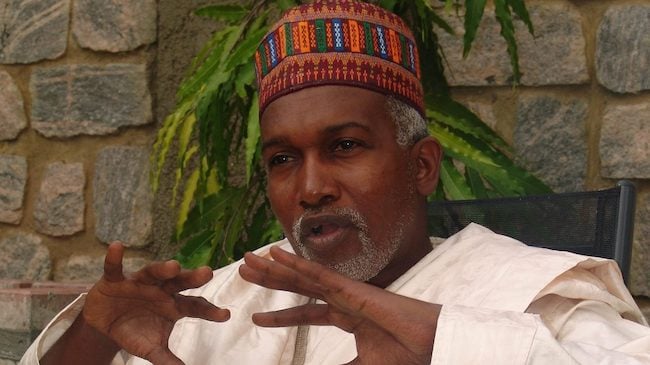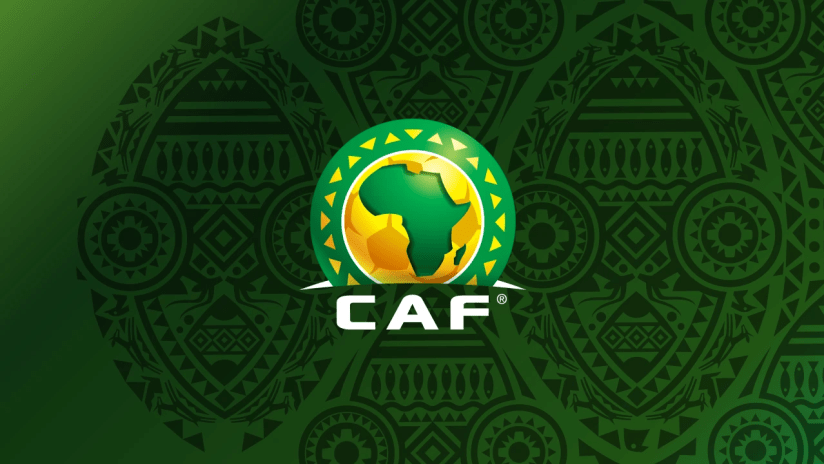Nigeria’s Minister of Foreign Affairs, Yusuf Tuggar, has dismissed reports in some Western media alleging a “Christian genocide” in Nigeria, calling them false and misleading portrayals of the country’s complex social realities.
Speaking at the Reuters NEXT Gulf Summit in Abu Dhabi on Tuesday, Tuggar said such narratives have become one of the biggest challenges facing Nigeria’s image internationally.
“One of our major challenges at the moment is the false narratives being created about Nigeria — this issue of religious persecution, Christians being persecuted — which couldn’t be further from the truth,” he said, according to a Reuters report on Wednesday.
Tuggar urged potential investors to “come and see for themselves,” stressing that the situation in Nigeria is far more nuanced than portrayed abroad.
His remarks come amid renewed criticism from some U.S. lawmakers and commentators, who have accused the Nigerian government of tolerating or even supporting attacks on Christians — claims officials have repeatedly rejected.
Nigeria, home to more than 200 ethnic groups and a near-equal split between Muslims and Christians, practices religious freedom across the country. However, it has experienced pockets of violence often linked to ethnic rivalries, land disputes, or economic tensions — not purely religion.
The long-running insurgency by Boko Haram in the northeast has claimed tens of thousands of lives, further complicating perceptions of conflict in the country.
Beyond security issues, Tuggar also addressed Nigeria’s economic resilience and ongoing reforms.
According to Reuters, he said Nigeria remains largely unaffected by the 15% tariff recently imposed by U.S. President Donald Trump on certain Nigerian goods, including oil and gas.
Speaking to CNBC Africa, Tuggar explained that Nigeria’s diverse trade relationships with countries like China, India, and Brazil provide a strong buffer.
“We are a very large country of 230 million people, so we have a huge internal market and a large talent pool,” he said.
“Our trade relationships are based on national interest, not ideology. We engage with the U.S., China, Brazil, and India — our focus is on strategic autonomy, not alignment with one axis.”
Read Also;
Teenager becomes Nigeria’s ‘vice president for a day’
The minister also highlighted reforms under the Tinubu administration, including efforts to stabilise the exchange rate, improve access to foreign exchange, offer tax incentives, and strengthen the power sector to attract investors.
Tuggar cautioned against Western nations viewing Africa merely as a resource hub.
“Sometimes it’s like the game Minecraft — people come looking for oil, gas, critical minerals, rare earths. But that’s not how engagement should work,” he said.
“Partnerships must be based on mutual respect and shared interests. If Africa doesn’t develop, we’ll keep facing issues like irregular migration and instability.”
The minister’s remarks reflect Nigeria’s growing push to reshape global perceptions and assert a more independent, interest-driven foreign policy.




